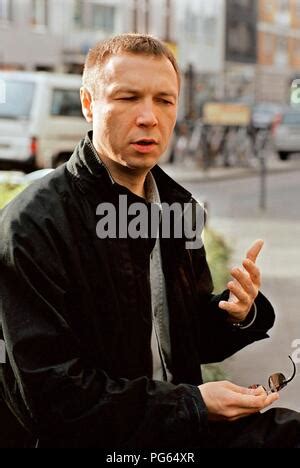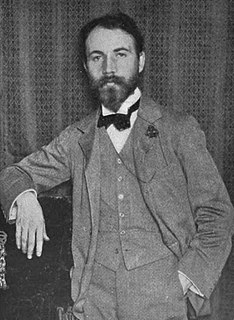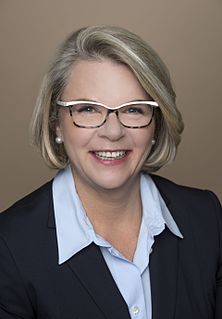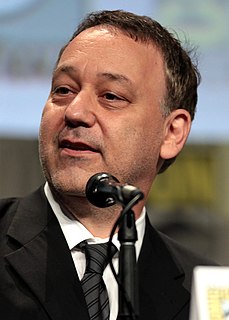A Quote by Alex Tizon
When depicting Asian people in movies, books, and television or as historical figures, it's more important to humanize them and give them all of the dimensions of humanity, and that includes sexuality. Ascribe the human the full range of human qualities.
Related Quotes
I think that's what we need more of: Asian-Americans on movie screens and TV screens where they're normalized. Where it's not about them being Asian or a person of color. It's just about them being a human. I think that's why sometimes when I see movies with an Asian family, but it's very stereotyped, I don't find that relatable.
The model of the educational Kalila Wa-Dimna. These are books of instruction to rulers and humans. The stories unfold a range of human psychology, a vast range of human psychology. The Sultan is being moved from his narrow and bigoted position into a wider, more subtle, more nuanced understanding of human experiences.
Reading is human contact, and the range of our human contacts is what makes us what we are. Just imagine you live the life of a long-distance truck driver. The books that you read are like the travelers you take into your cab. If you give lifts to people who are cultured and profound, you'll learn a lot from them. If you pick up fools, you'll turn into a fool yourself.
If you consider that the gender roles are just political, then what you come to see is that the full circle of human qualities is divided up so that two-thirds are masculine and one-third is feminine. Women are missing more of their human qualities, so you'll find us on the fore-front of trying to change this.
The thing about great fictional characters from literature, and the reason that they're constantly turned into characters in movies, is that they completely speak to what makes people human. They're full of flaws as much as they are full of heroics. I think the reason that people love them and hate them so much is because, in some way, they always see a mirror of themselves in them, and you can always understand them on some level. Sometimes it's a terrifyingly dark mirror that's held up.
Artists use frauds to make human beings seem more wonderful than they really are. Dancers show us human beings who move much more gracefully than human beings really move. Films and books and plays show us people talking much more entertainingly than people really talk, make paltry human enterprises seem important. Singers and musicians show us human beings making sounds far more lovely than human beings really make. Architects give us temples in which something marvelous is obviously going on. Actually, practically nothing is going on.
Not only does the modern person often think that sight is more important than sound - there's no objective evidence to indicate that. Many people, even audiologists who study the science of human speech and hearing, have assumed for a long time that the human ear evolved to hear the human voice, rather than the voice changing to fit the human ear. And the human ear is actually not a perfect match if we map its sensitivity to the different frequencies in the human range of hearing; it's an unequal curve, it's kind of a wavy line.
The older I get, the more I realize the importance of exercising the various dimensions of my body, soul, mind, and heart. Taken together, these aspects give me a sense of wholeness. I want to be a whole human being rather than one who limps on one leg because I don't know how to use all of my parts. Intellectual, emotional, and physical activity are not separate entities. Rather, they are dimensions of the same human being.



































